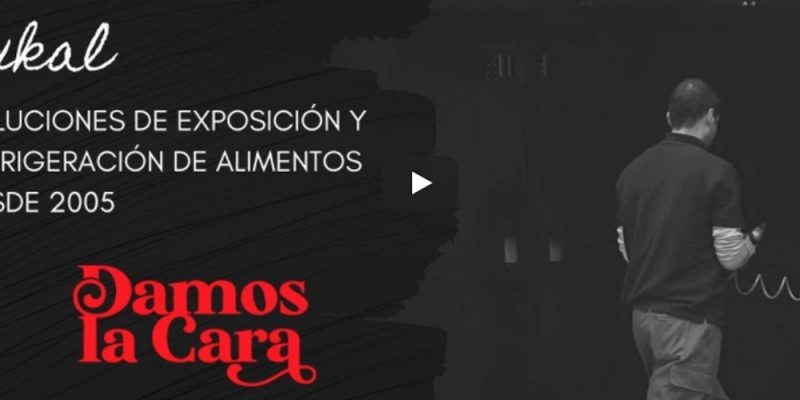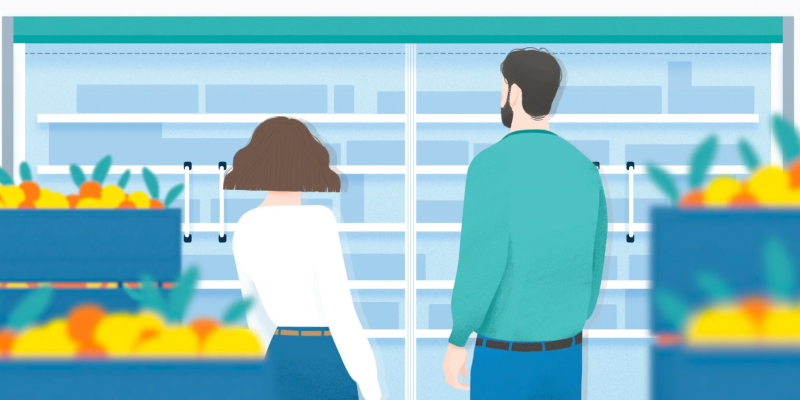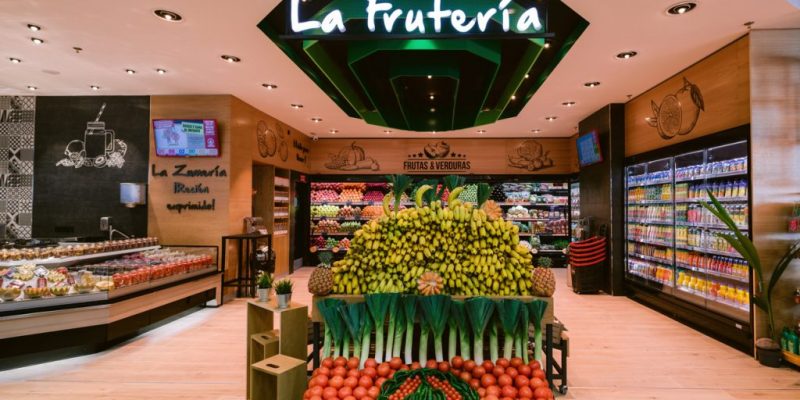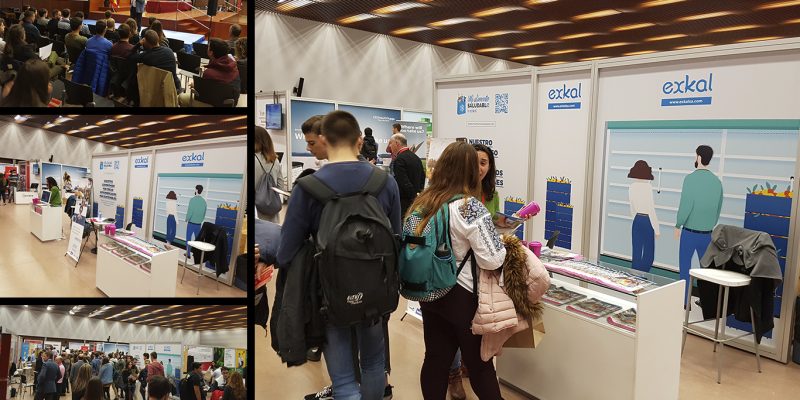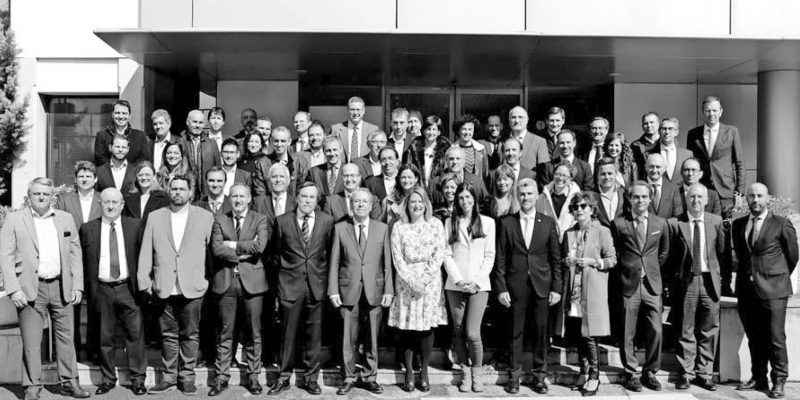The good reception that these formats are having among consumers has made urban convenience work its way little by little.
This is the case of ‘Rapid’, a model developed by Eroski and its subsidiary for Catalonia, Caprabo. In fact, it was this company that, in 2015, premiered ‘Caprabo Ràpid’, characterized by being a “very urban, agile and dynamic” center, geared towards a public that “demands proximity, length of hours, variety of assortment and services of added value ”, combined with its traditional pillars (“ variety, quality, proximity, service ”), points out the Catalan chain. Already in 2017, it was Eroski who began its expansion, assuming the aforementioned name ‘Rapid’, which has the “largest assortment per square meter”, they assure from these entities. As of today, the ensign accumulates 14 points of sale (2,218 m2), eight managed by Caprabo (1,200 m2) and six by Eroski (1,018 m2).
This 2019, four years after its launch, ‘Caprabo Ràpid’ has made the leap outside the city of Barcelona, reaching Lleida (150 m2). Its openings this year are completed with another pair of centers in the Catalan capital, which currently has eight “Ràpid” which, according to Claudio Estévez, “are working very well because, clearly, they meet new consumer demands.” “We are very happy with the evolution of this format”, abounds this manager, so “we continue working so that its updating is something continuous”. Regarding its “mix”, around 75% is food (5% prepared food) and, 25%, non food.
For its part, Eroski has incorporated three ‘Rapids’ (495 m2) in the Balearic municipalities of Cala Viñas (260 m2) and the city of Palma (100 m2), together with the first in Granada capital (135 m2), which also has implied his arrival in Andalusia. In 2018, ‘Rapid’ debuted in Alicante and Madrid with two self-services in the municipality of Torrevieja and the capital. However, the Madrilenian closed “temporarily” last November due to “reforms in the building” where it was installed, Eroski has confirmed to Alimarket. His forecasts include the release of 200 ‘Rapid’ in five years. Of its 3,600 products, around 4% (about 200) fall within what the company calls Cul Culinary Solutions ’, divided equally between immediate consumption (empanadas or salads) and prepared food solutions. Globally, 94% of its portfolio is food, 5% non-food and, 1%, campaigns carried out with exclusive references. Furthermore, in 2019, the cooperative has replicated this format in its first three via Avia ’service stations, in Pamplona (128 m2), Gernika-Lumo (Bizkaia, 100 m2) and Logroño (67 m2). The Andalusian group MAS also inaugurated last April its first ‘Mas & Go’ in Córdoba, specifically in the capital (250 m2), to which two more were added in Seville (725 m2), which have located their fabric in 11 stores (3,575 m2). It should be noted that this brand, which took its first steps in 2011, has incorporated this exercise services such as ‘La Cocina’, where it offers more than 20 freshly made dishes that, in turn, can be tasted in the ‘Eat & Go’ area, first-time also in 2019.
Meanwhile, at the end of 2018 Auchan Retail Spain was bringing its convenience model to the Basque Country. Specifically, it transformed a ‘Simply City’, in Vitoria-Gasteiz, to ‘Mi Alcampo’ and, within it, to the ‘7d7’ format. Currently, there are 16 operational ‘7d7’ stores, two of which have been opened this year in Zaragoza capital. Apart from this standard, the French is developing other concepts closely related to convenience. In this sense, last October it incorporated ‘Mi bistró’ (a service already operational in hypermarkets), in a first Madrid supermarket. It is an area that works as a small cafeteria, with a bar service and a refrigerated display case with sandwiches, sandwiches and juices. In front of it is the ‘Mi Espacio’ consumption area, with tables, chairs, microwaves and a screen with general contents. The aforementioned ‘Mi Espacio’ was already available in the ‘Alcampo Supermercado’ in the Madrid neighborhood of Montecarmelo -which also offers’ Mi Bistró’-, in addition to Zaragoza (c / Cesar Augusto and Fernando el Católico), Pamplona (c / Marcelo Celayeta), Barcelona (Mercado San Martí) and Madrid (c / Orense). It should be noted that the latter has been the first to incorporate the ‘My Ready Meals’ area, which has ready-to-eat food served in bulk (rice, pasta, stews, etc.) and which comes to complement an existing space called’ Take Away ‘. Located at the entrance of the premises, it includes complete refrigerated shelves that group all the references belonging to this concept (salads, creams, cold drinks, RTD coffees, etc.).
Finally, Madrid’s Ferjama (‘Casa Elías, El Buen Mercado’), has just launched est Zona para ti ’, an area with tables, chairs and a microwave. The idea is for customers to consume the precooked items found in the ‘Eat’ section, located at the entrance to the store and which consists of several refrigerated display cases. Currently, it can be found in the three openings that Ferjama has made in 2019 in Madrid capital.
Source: ALIMARKET


